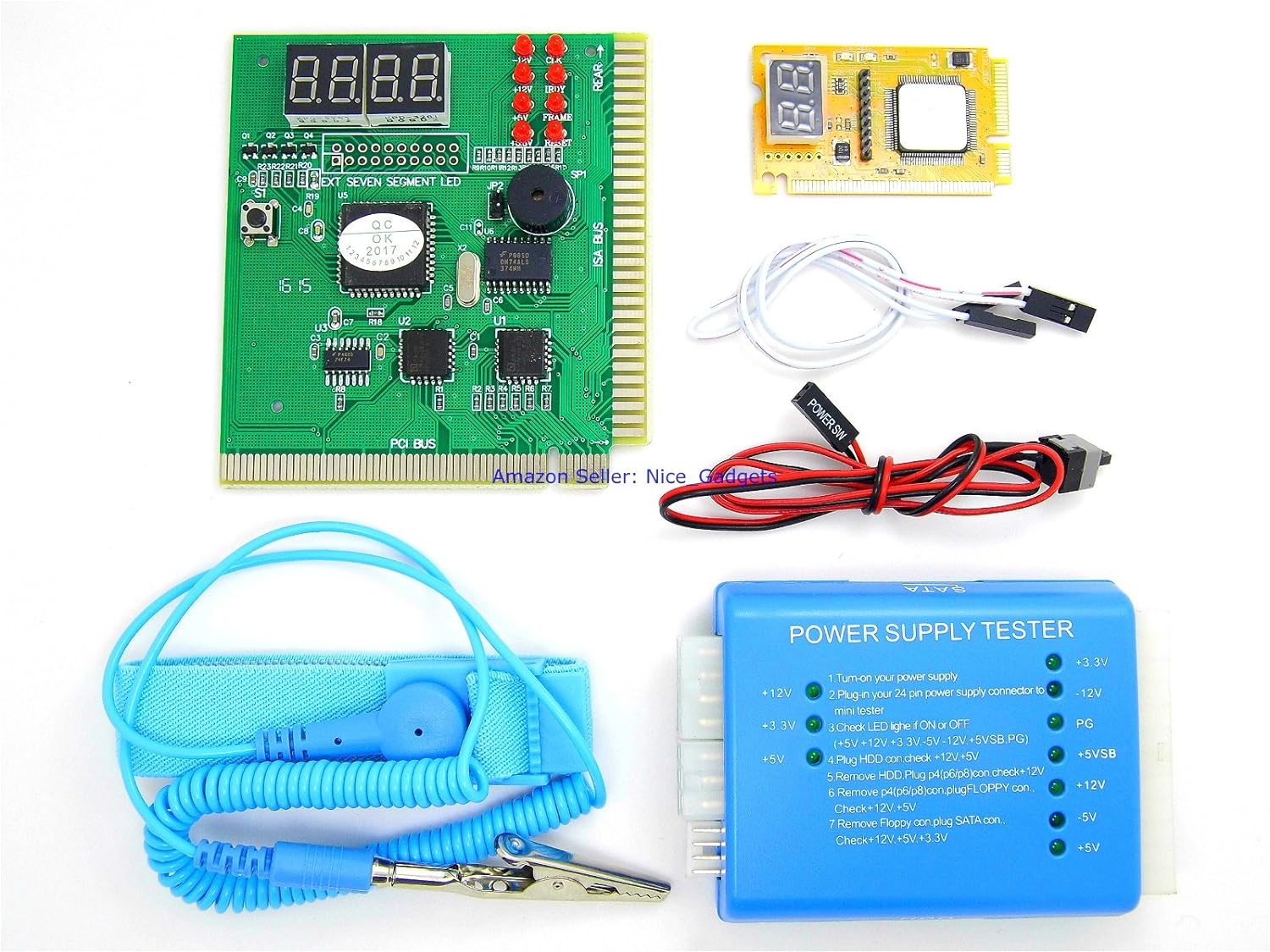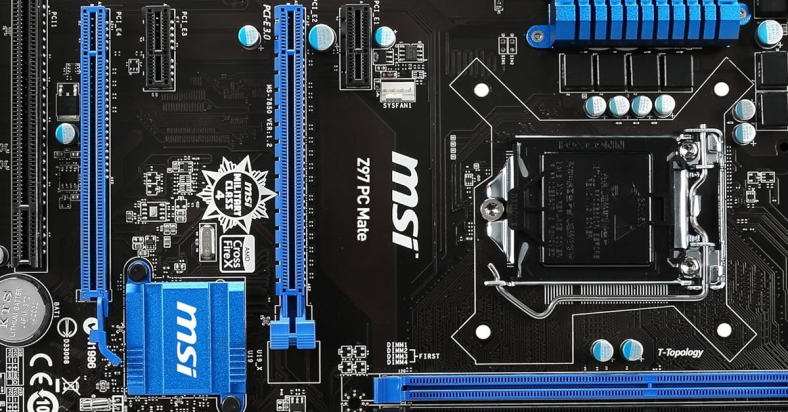In this article, I will discuss common motherboard internet issues and provide solutions for fixing them.
July 2025: Enhance your computer’s performance and eliminate errors with this cutting-edge optimization software. Download it at this link
- Click here to download and install the optimization software.
- Initiate a comprehensive system scan.
- Allow the software to automatically fix and repair your system.
Recognizing Common Symptoms of Connectivity Issues
Common symptoms of connectivity issues with your motherboard can include slow internet speeds, intermittent connection drops, or the inability to connect to the internet at all. If you are experiencing any of these issues, it’s important to troubleshoot the problem to get your internet connection back up and running smoothly.
One common symptom of connectivity issues is slow internet speeds. If you notice that web pages are taking a long time to load or videos are buffering frequently, this could indicate a problem with your motherboard’s internet connection.
Another red flag to watch out for is intermittent connection drops. If you find that your internet connection is working fine one moment and then suddenly cuts out without warning, there may be an issue with your motherboard’s connectivity.
If you are unable to connect to the internet at all, this is a clear sign that there is a problem with your motherboard’s internet connection. Make sure to check all connections and settings to ensure everything is configured correctly.
It’s important to address these symptoms promptly to avoid any disruptions to your internet usage. By recognizing these common signs of connectivity issues with your motherboard, you can take the necessary steps to fix the problem and get back online quickly.
Diagnosing Physical and Hardware-Related Causes

| Issue | Possible Cause | Diagnostic Steps |
|---|---|---|
| No Internet Connection | Loose or faulty Ethernet cable | Check Ethernet cable connections, replace cable if necessary |
| Intermittent Connection | Network card driver issues | Update network card drivers, check for software conflicts |
| Slow Internet Speed | Overheating motherboard | Check motherboard temperature, clean dust and ensure proper ventilation |
| No Wi-Fi Signal | Dead Wi-Fi card | Replace Wi-Fi card, check antenna connections |
FAQs
Can a motherboard cause Ethernet issues?
A motherboard can cause Ethernet issues if there is a problem with the Ethernet port itself. It may be necessary to update the Ethernet driver, reinstall the network card, replace the port, or use a USB Ethernet adapter to resolve the issue. Additionally, interference from other devices or a lightning strike could also cause port issues.
Why is my WiFi not working on my motherboard?
Your WiFi may not be working on your motherboard due to outdated BIOS and chipset drivers, or firmware on your wireless access point. Update these from your system manufacturer’s website and the access point to potentially resolve the issue.
Can my motherboard affect my WiFi?
My motherboard can affect my WiFi speed if it contains WiFi capabilities, but typically the motherboard itself is not the main factor affecting internet speed. The bandwidth of your internet connection is what ultimately determines the speed of your WiFi.
How do I know if my motherboard Ethernet is bad?
You can know if your motherboard Ethernet is bad if you experience issues such as no internet access, limited connectivity, network cable unplugged, intermittent connection, no lights or indicators, failed network diagnostics, hardware-related issues, or software-related issues.

